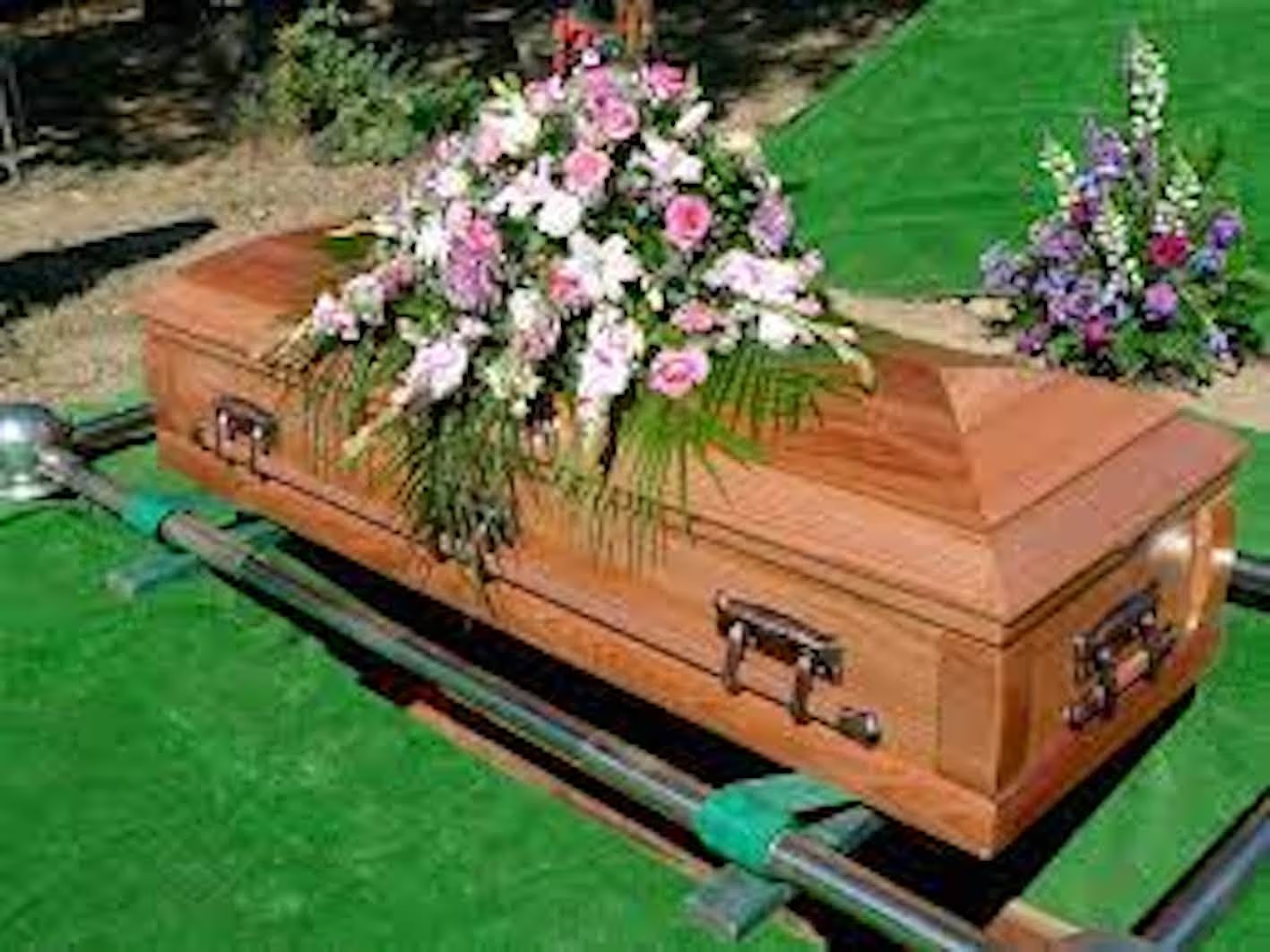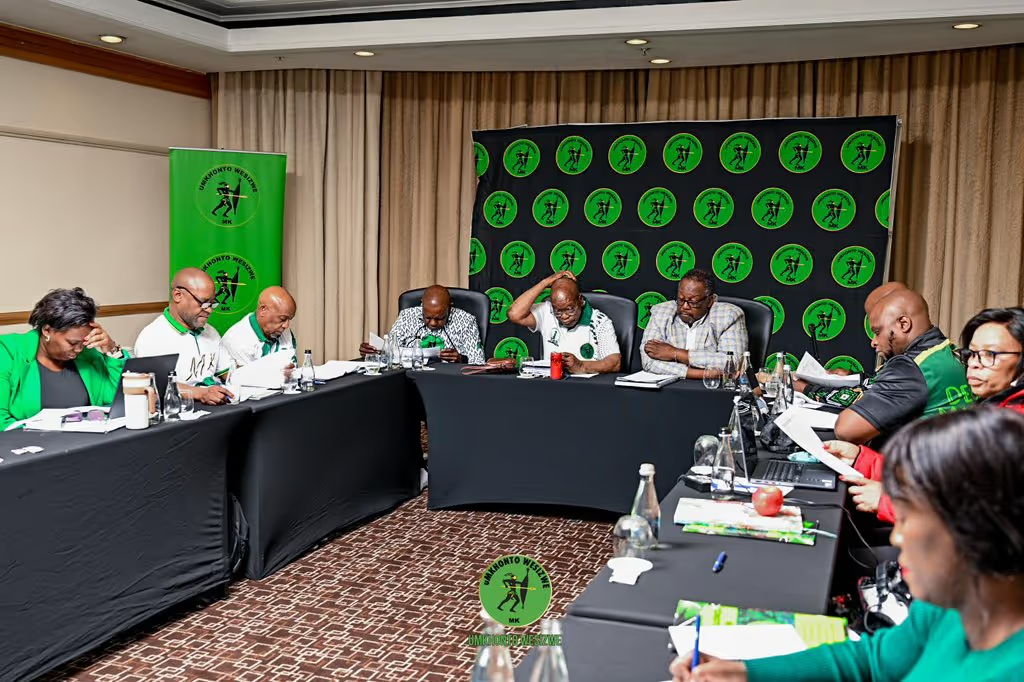Loadshedding is bringing many industries to their knees and a sector that is feeling the pinch of the rolling blackouts are funeral parlours. Pitso Maleka of PM Grave Closure says they are feeling the wrath of Eskom. Pitso, who started as a grave digger, has been in the funeral business for 20 years. Asking to be referred to as Mr Mabitla (graves), Pitso explained that there is word that funeral parlours are considering moving back to the Covid-19 system of burials."The reality is we are going to be trapped in this on and off darkness for some time so as business people we need to be well equipped. A backup generator is a life saver to keep the admin of the business going whilst waiting for power to return," said Pitso.
A DISASTER
He said bodies aren't too quick to defrost because they are kept in freezers for days, therefore they can handle four hours of no power but more than that is catastrophic.However, there are other factors that put a strain on running things smoothly. Pitso said it would be ignorant to solely speak about bodies at the mortuary and generators when there are different departments in the business. "There are much smaller funeral parlours experiencing difficulties such as diesel for the back up generators, struggling to get hold of clients because of network issues vice versa, as well as delays in delivering bodies to their destinations on time caused by unpowered traffic lights," he said.
NAFUPA RAISES ALARM
The National Funeral Practitioner Association of South Africa (Nafupa SA) expressed concern about the strain loadshedding puts on their industry and government is not paying any attention to them. Nafupa's spokesperson Dududu Maganu ?said the rolling blackouts hit the hardest on smaller funeral parlours.
“Most people, when you talk about loadshedding, only think about storage or mortuaries, as in storing the bodies. Unplanned costs for diesel and petrol affect the cashflow for the businesses and its not the client's problem” said Maganu.
COMMUNICATION BARRIER
Maganu said communication was vital in their industry because they also help families with the planning of the burials as well as issuing of policy claims. "The minute loadshedding kicks in, network becomes a problem, administration for claims get halted and families get delayed. Loadshedding is no longer a challenge; it’s a norm, and no one is coming up with a solution. Eskom cannot help us, and the government doesn’t have a solution. The government has not looked at how they can assist undertakers."







